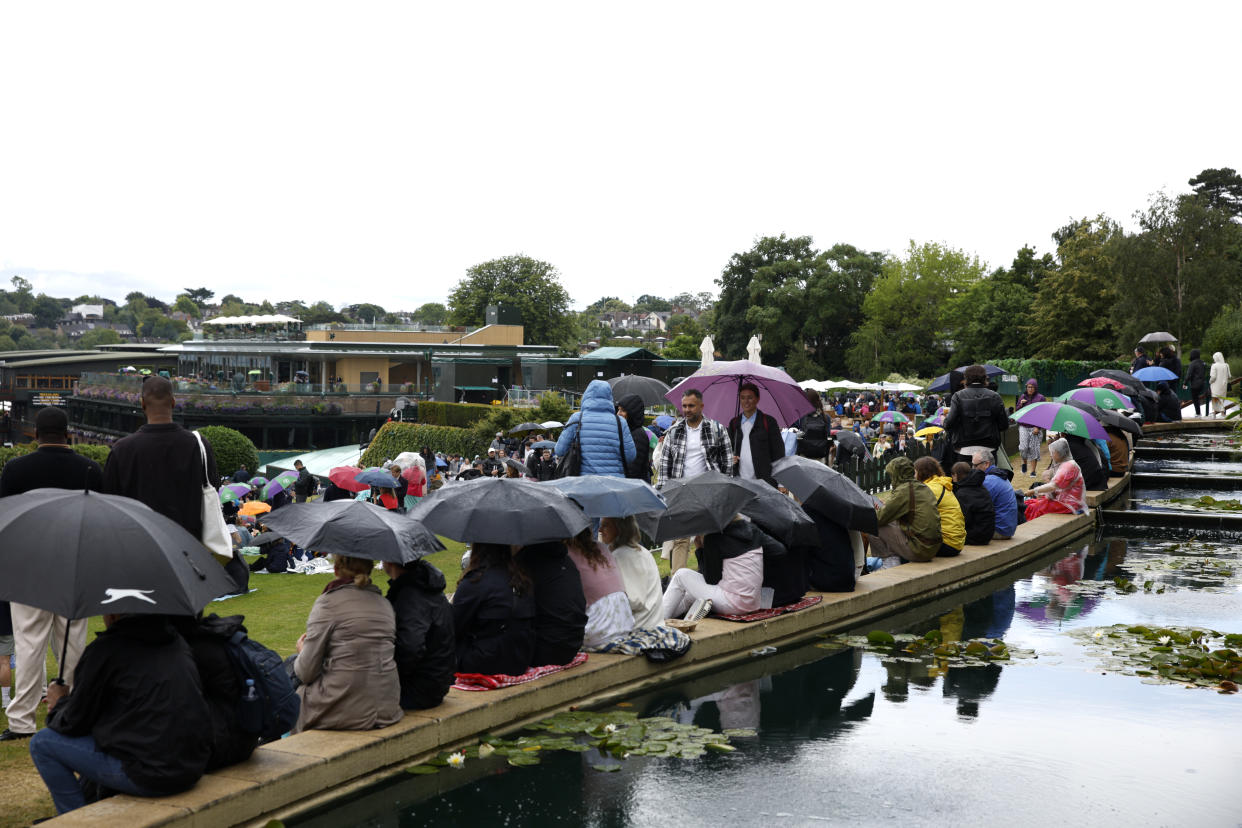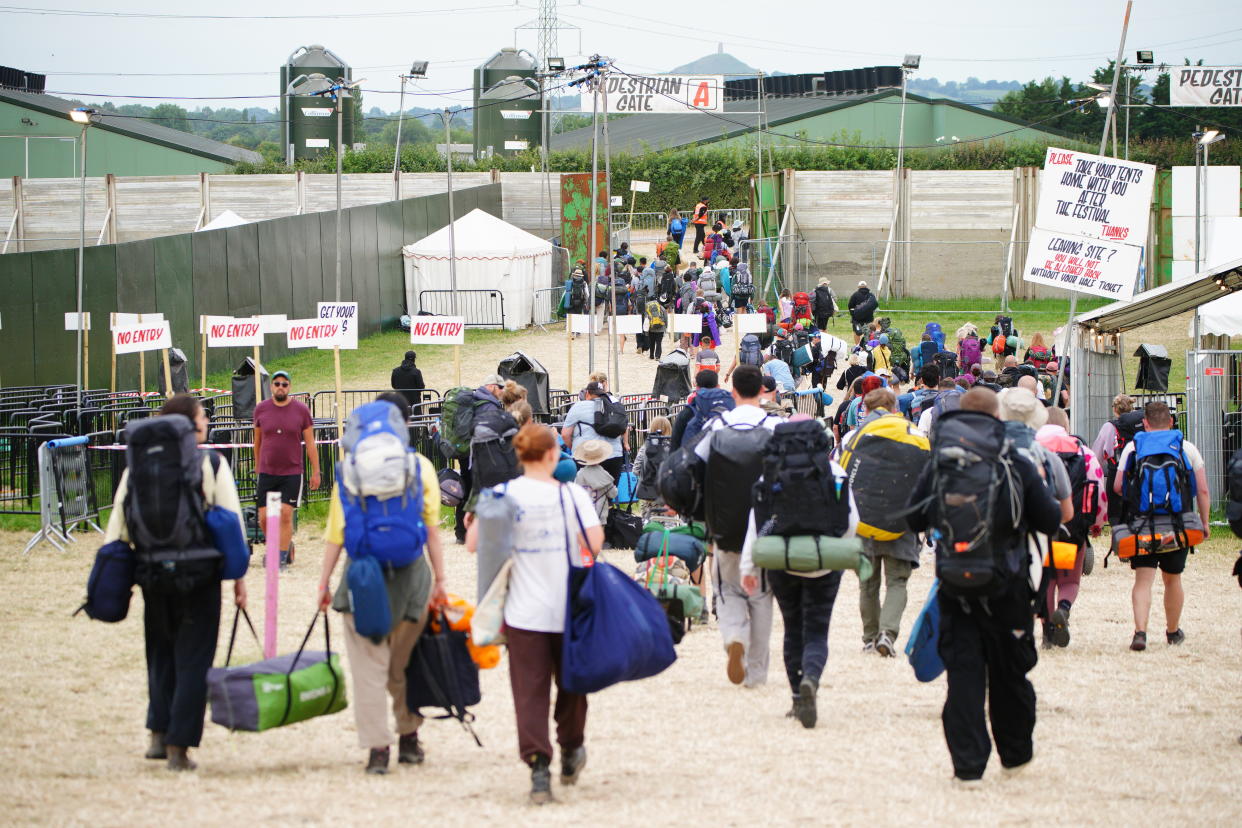Why is the UK summer weather so bad and when will it improve?

The UK has endured a weekend washout on the first Saturday in July, with forecasted heavy rain and thunderstorms continuing the weather trend of a disappointing summer.
After a bright end to June with temperatures hitting above 30C, the mercury has cooled to around 20C this week.
This weekend, a band of heavy rain is moving northwards from south-west England to central and eastern England, leading to wet roads and spray. Heavy showers are also anticipated in parts of northern and western Wales.
Parts of Scotland received up to 50mm of rain within a 12-hour period overnight, and a further two flood alerts have been issued for River Coln and Upper River Loddon.
Following the clearance of overnight rain, the weekend forecast remains unsettled and cool, with showers expected in almost all areas – some of which could be heavy and accompanied by thunderstorms.
Temperatures are likely to remain below average for this time of year, with the possibility of reaching 19C in some areas during sunny spells.
The Met Office has predicted that cooler weather will continue for the rest of the week, with temperatures expected to remain below average. It has also ruled out a heatwave later in July.
However, next week is anticipated to bring a return to more typical July temperatures.
Why is the weather so bad in the UK right now?
The current weather in the UK can be attributed to a strong jet stream in the Atlantic, which is contributing to the changeable nature of the weather from late June into early July.
Much of the UK is positioned on the cooler side of the jet, resulting in temperatures that are around or slightly below the seasonal average.
However, areas experiencing sunshine will feel relatively warm, particularly in the southern regions.
The jet stream, located around five to seven miles above the Earth’s surface, consists of powerful winds blowing from west to east.
Its high-altitude flow impacts wind and pressure patterns, influencing surface-level weather phenomena like areas of high and low pressure and ultimately shaping the weather we experience.
Rain clearing in the east, to leave occasional sunny spells and scattered showers 🌦️
Showers could be heavy and thundery at times ⛈️
Generally feeling rather cool in the wind, but pleasant in any sheltered sunshine 🌤️ pic.twitter.com/rNuNgkRFBn— Met Office (@metoffice) July 6, 2024
What will the UK weather be like next week?
The unsettled and changeable theme is expected to continue through the majority of next week, according to the Met Office.
Cloud and rain-bearing systems will sometimes cross the UK from the west or southwest, accompanied by periods of stronger winds. However, there are likely to be drier interludes, too, with the best of the more settled weather in the east.
With a generally southerly wind direction, temperatures are expected to rise back to the July norm from the cool beginning to the week, with the potential for wafts of warm continental air to affect the southeast at times.
The following week there are tentative signs that conditions could gradually become a bit more settled, though temperatures are likely to remain around average overall.

What is the 30-day weather forecast for the UK?
The Met Office has noted an emerging trend towards more settled and potentially warmer weather leading up to the second half of July, appearing to have been brought forward from the middle of the month.
This may well continue through to the start of this period with drier conditions a little more likely than normal.
However, as we go through the rest of the month, the latest information suggests that a return to cooler and more unsettled weather is now slightly favoured.
The forecast signals are all rather weak and conflicting, so confidence in a definitive story at this range can be nothing other than very low, the Met Office adds.


